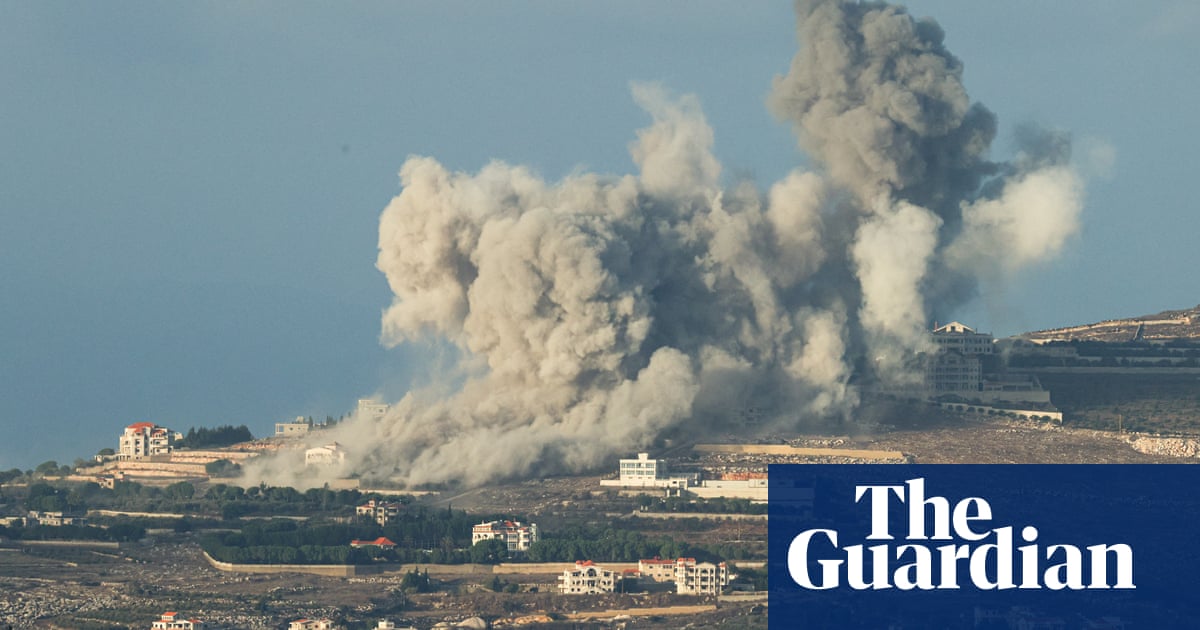 |
|
Israel's recent incursion into southern Lebanon, while initially anticipated to be a large-scale operation, has unfolded as a more limited military engagement with focused objectives. This discrepancy highlights the complexities of the conflict, with domestic political considerations playing a significant role in shaping Israel's actions. The operation, involving a single Israeli division, has largely avoided direct clashes with Hezbollah forces, indicating a deliberate strategy to minimize escalation and casualties. The stated goal of the operation is to neutralize the threat of a Hezbollah incursion into northern Israel, stemming from fears ignited by the Hamas attack on Israel in October 2023.
While Israeli officials initially emphasized the imminent threat of a large-scale Hezbollah attack, this claim has been met with skepticism. Hezbollah's past tactics, characterized by rocket attacks, have generally followed rules of engagement aimed at avoiding a full-blown escalation. An incursion into northern Israel would have been more strategically advantageous during the earlier stages of the Gaza conflict when Israel's military was more heavily engaged elsewhere. The current operation, therefore, appears to be less about preempting a concrete threat and more about addressing anxieties within Israel's northern communities, which have been severely impacted by the ongoing conflict.
The operation's limited scope is underscored by statements from Israeli officials and military analysts. While the presence of Hezbollah infrastructure along the border is undeniable, the operation's focus is on dismantling specific positions that could facilitate attacks. The emphasis on containing the threat to Israeli communities near the border suggests a defensive posture, aimed at restoring a sense of security rather than launching a broader offensive. The duration and overall impact of the operation remain uncertain, with analysts predicting a continuation of indirect fire and a prolonged period of tension. The effectiveness of this limited approach in achieving long-term stability and preventing further escalation is yet to be seen.
The political implications of the operation are undeniable. The displacement of tens of thousands of Israelis from their homes in the north has created significant political pressure on Prime Minister Benjamin Netanyahu. His far-right coalition partners, eager to exploit the situation, have demanded decisive action to address the anxieties of the displaced population. The limited operation, while potentially not addressing the root causes of the conflict, serves as a temporary measure to appease domestic anxieties and demonstrate a response to the perceived threat. The international community, particularly the Biden administration, has been briefed on the operation's limited scope, emphasizing Israel's intention to avoid a wider conflict.
The outcome of the operation hinges on Hezbollah's response. If the Lebanese militia chooses to escalate the conflict, it could lead to a more complicated and protracted engagement. However, if Hezbollah maintains its current strategy of indirect fire, the operation could remain limited to the immediate border region. The operation, therefore, represents a delicate balance between military objectives and political imperatives. While the immediate goal may be to alleviate domestic pressure and quell anxieties, the long-term implications for regional stability and the future of the Israeli-Lebanese conflict remain unclear.
Source: The domestic political objectives behind Israel’s incursion into Lebanon
